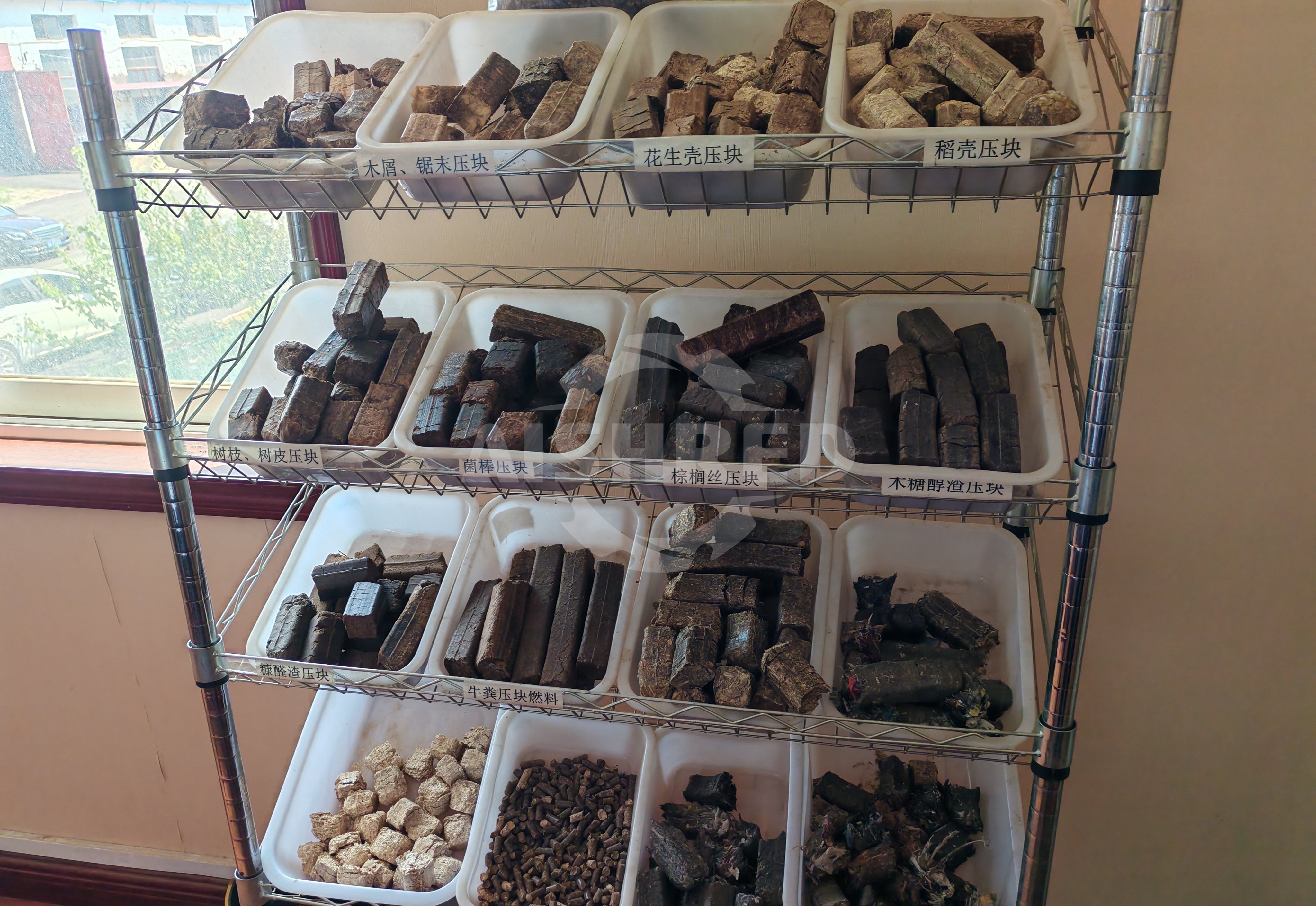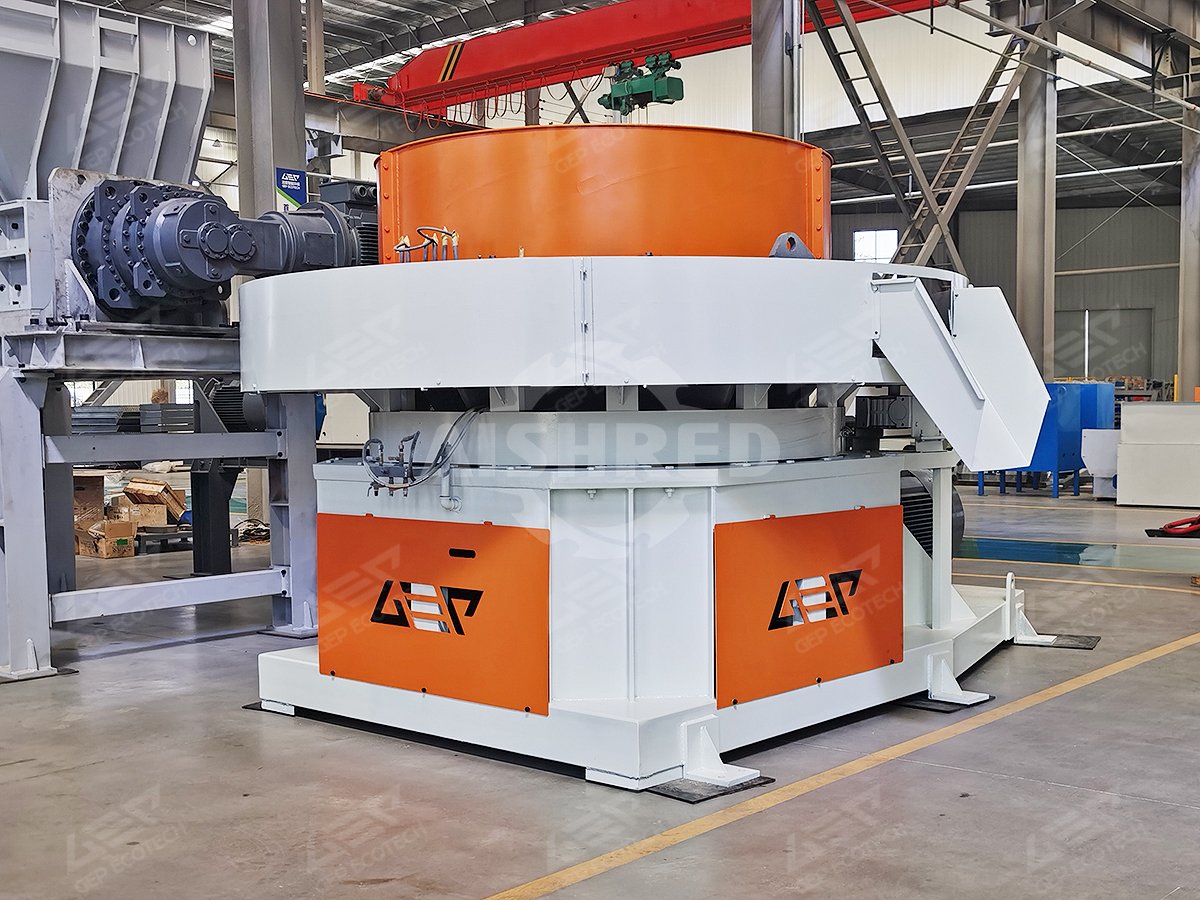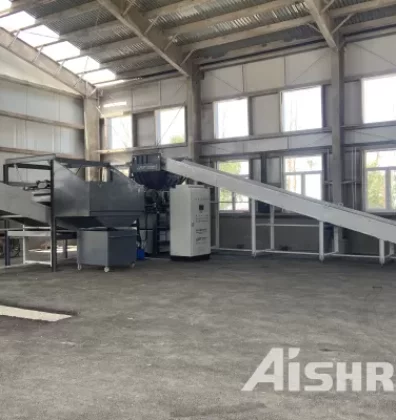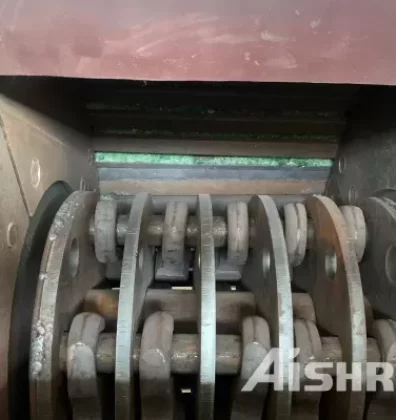With the growing emphasis on environmental protection and sustainable energy, RDF (Refuse Derived Fuel) is playing an increasingly important role in the industrial energy sector. By scientifically shredding, screening, and sorting different types of waste, RDF can be processed into a high-calorific-value alternative fuel, providing stable energy for industrial boilers, cement kilns, and other high-temperature combustion facilities. Let's take a closer look at the main sources of RDF, their processing requirements, calorific performance, and application scenarios.

1. Industrial Solid Waste
- Sources: Rubber scraps, plastic granules, cardboard offcuts, textile waste, and other by-products from industrial production.
- Processing: Mainly shredding, with removal of impurities and metal parts when necessary.
- Calorific Value: Generally 15–25 MJ/kg; synthetic textile waste can exceed 20 MJ/kg.
- Application: Suitable for industrial boilers and high-temperature kilns as a substitute for part of coal or other fossil fuels.
2. Biomass Waste
- Sources: Agricultural straw, forestry residues, and other renewable biomass.
- Processing: Shredding, impurity removal, and drying, followed by densification into RDF pellets or fuel briquettes.
- Calorific Value: Typically 12–18 MJ/kg; strongly influenced by moisture content. Features low ash and clean combustion.
- Application: Can be co-processed with industrial solid waste or municipal RDF to improve combustion stability and reduce emissions; ideal for biomass boilers and green energy projects.
3. Municipal Solid Waste (MSW)
- Sources: Combustible fractions of urban household waste, such as paperboard and plastic packaging.
- Processing: Shredding and sorting, with metals, glass, and inorganics removed, followed by drying to produce homogenized RDF pellets.
- Calorific Value: Generally 10–17 MJ/kg, depending heavily on feedstock composition.
- Application: Well-suited for centralized MSW treatment projects, industrial combustion, and energy recovery, while achieving volume reduction.
4. C&D Waste
- Sources: Combustible light fractions from construction and demolition (C&D) waste, including wood, cardboard, plastics, etc.
- Processing: Shredding, screening, and air separation to extract light combustibles, with heavy aggregates and contaminants removed; sorting complexity is relatively high.
- Calorific Value: Typically 13–20 MJ/kg; heterogeneous composition requires strict sorting to ensure combustion stability.
- Application: Suitable for co-firing with other high-calorific RDF feedstocks to improve combustion efficiency while reducing costs.
Application Strategies
- High Calorific Value & Stability: Industrial solid waste provides high energy and stable combustion, making it suitable for energy-intensive industries such as cement kilns and steel plants.
- Environmental Performance & Low Emissions: Biomass waste provides moderate calorific value with clean combustion. When blended with limited amounts of industrial or municipal waste, it supports green energy projects.
- Cost Optimization: Combustible fractions from MSW and light renovation waste offer lower calorific value but are cost-effective. When supplemented with higher-calorific RDF, they are ideal for regional power plants and small to medium boilers.

Enterprises can balance calorific value, environmental performance, and cost considerations by adopting a “primary fuel + balancing fuel” strategy to achieve the optimal RDF configuration. With extensive expertise in solid waste resource utilization, GEP ECOTECH provides customized shredding, screening, and sorting solutions to ensure RDF is efficient, stable, and economically viable. If you are looking for the right RDF solutions and RDF plants, feel free to contact us—we are ready to provide professional advice and services tailored to your needs.



